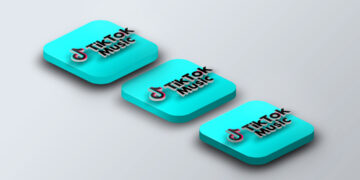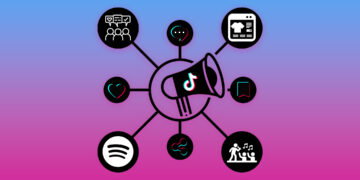Record label, distributor, and all that jazz – What you need to know about contracts

- What the differences are between deals at labels and distributors
- Why this is mainly related to the master rights
- What the contracts include and what the so-called options are
Why a deal at all?
Finally, a record deal – that seems to be the big dream for most newcomers. But is a record label really that important? Would a distribution deal, like iGroove offers, for instance, or even a non-binding distribution platform also do the job? Let’s take a look at the most important criteria for your decision and especially at which contract details you should pay special attention to. Where you sign or whether you sign at all is ultimately your personal decision that really depends on your situation and goals – there is no universal right or wrong here.
Record label or distributor?
What is even the difference between a record label and a distributor? For a cut of around 20%, a distributor will mainly take care of delivering your music to the stores and services, cutting down processing times, backing your playlist pitches, and providing you with statistics and support. The services of a record label go a little further: They essentially acquire the rights to your music, and handle marketing, planning, and many other tasks depending on the deal. Because of that, however, record labels also keep the lion’s share of the revenues – often 70% or more.
Want to keep your master rights?
While record labels usually acquire the master rights to your music, distributors will only take their share. Giving away the rights means that the music doesn’t effectively belong to you anymore. You still own the copyright (in the EU this can’t be given away at all), but the songs belong to the record label for the agreed amount of time or even forever. This does mean that the record label has a vested interest in making the music successful, but in a distribution deal, on the other hand, you retain all the rights and only pay the previously mentioned share of the revenues to pay for the distributor’s work.
Scope and timeframe
Most contracts contain a contract period as well as a number of songs that the signing has to deliver within a set timeframe. Major record labels additionally offer so-called 360-degree deals, where not only the rights to the recordings are transferred but also the live performance, merch, and publishing rights. While this makes a lot of things easier, it also creates enormous dependency. Many contracts furthermore provide the option that your contractual partner can have you commit yourself to them for a pre-determined number of additional songs.
Advance payment – who’s paying what?
A hefty advance seems, just like the deal itself, to be one of the top goals for aspiring musicians. But an advance is no gift; it needs to be brought in at some point. Should your revenues not meet the expectations, you won’t be able to make money off your music for a long time. Additionally, the question arises: What are you using the advance for? Who is paying for the production and videos? Who is paying for the marketing and how big is the budget? All these costs could fall to the artist or to the record label, depending on the contract.
Indies
Next to the big players, independent record labels are also an option: While the major labels have their own distribution structures, an indie label will take the master rights they acquired from you to a distributor and close a personalized distribution contract with them. While indie budget is usually significantly smaller than a major label’s, you won’t just be one of many signed artists there. As an alternative to the classic distribution model, there are also various digital aggregators where instead of giving them a share of your revenues, you simply pay a flat rate per year or per release.
Conclusion
Developing your own model has never been easier. Whether you want to make use of services offered by record labels should definitely depend on what you and your team can do yourself and what areas you need assistance in. Big artists often launch their own record label – but these are almost always joint ventures with major record labels. While contracts have become more complex, considering that every segment is drawn up individually and every structure can be set according to your specific needs, this also means that the options are almost limitless.











